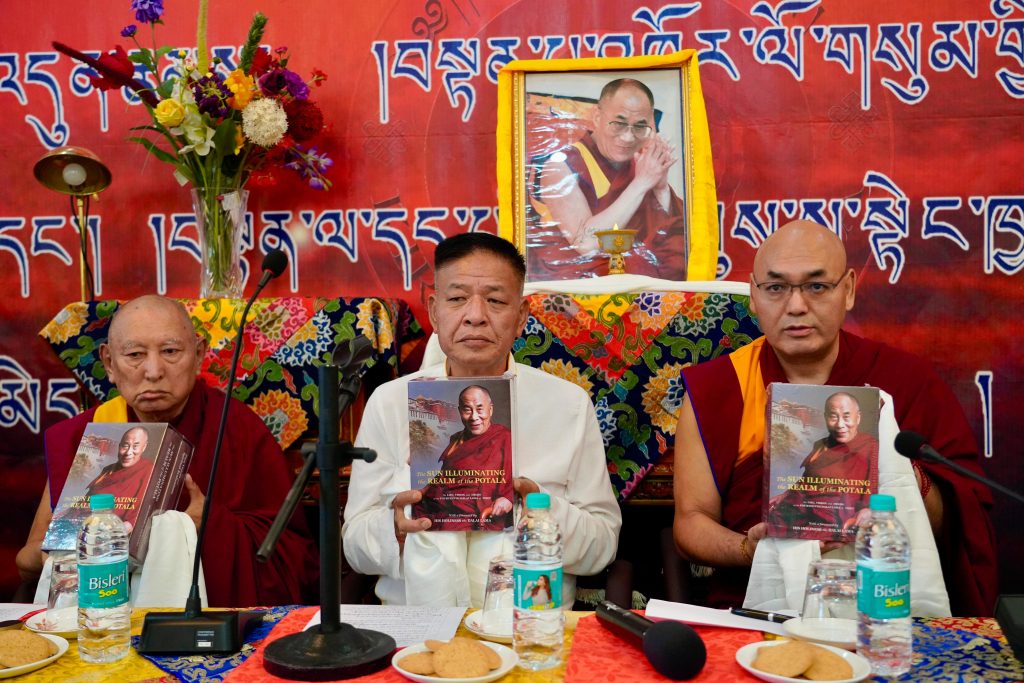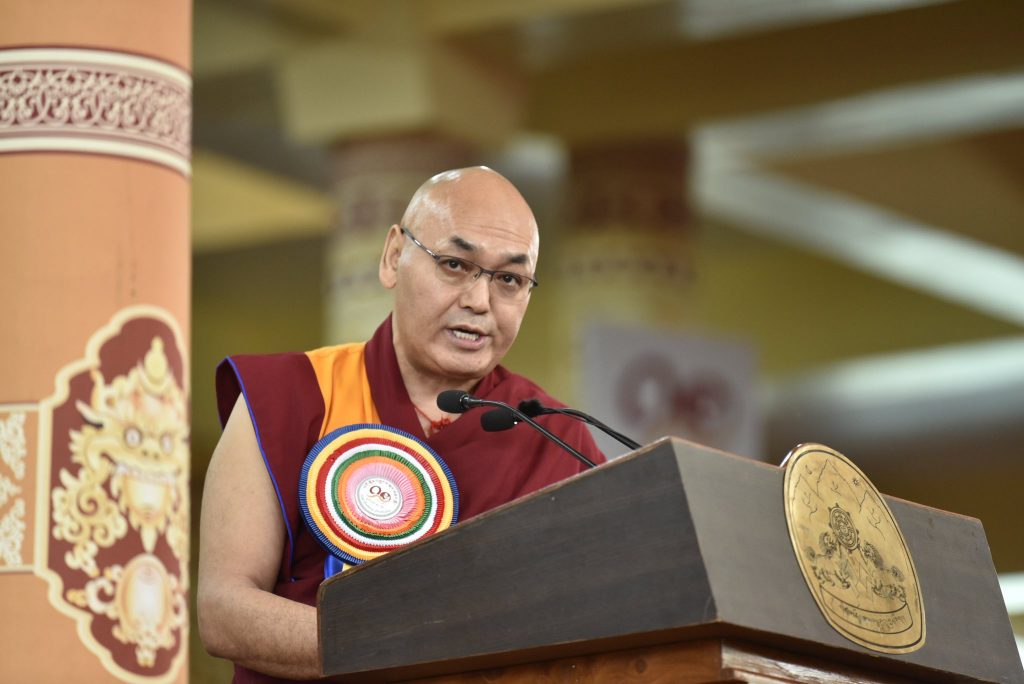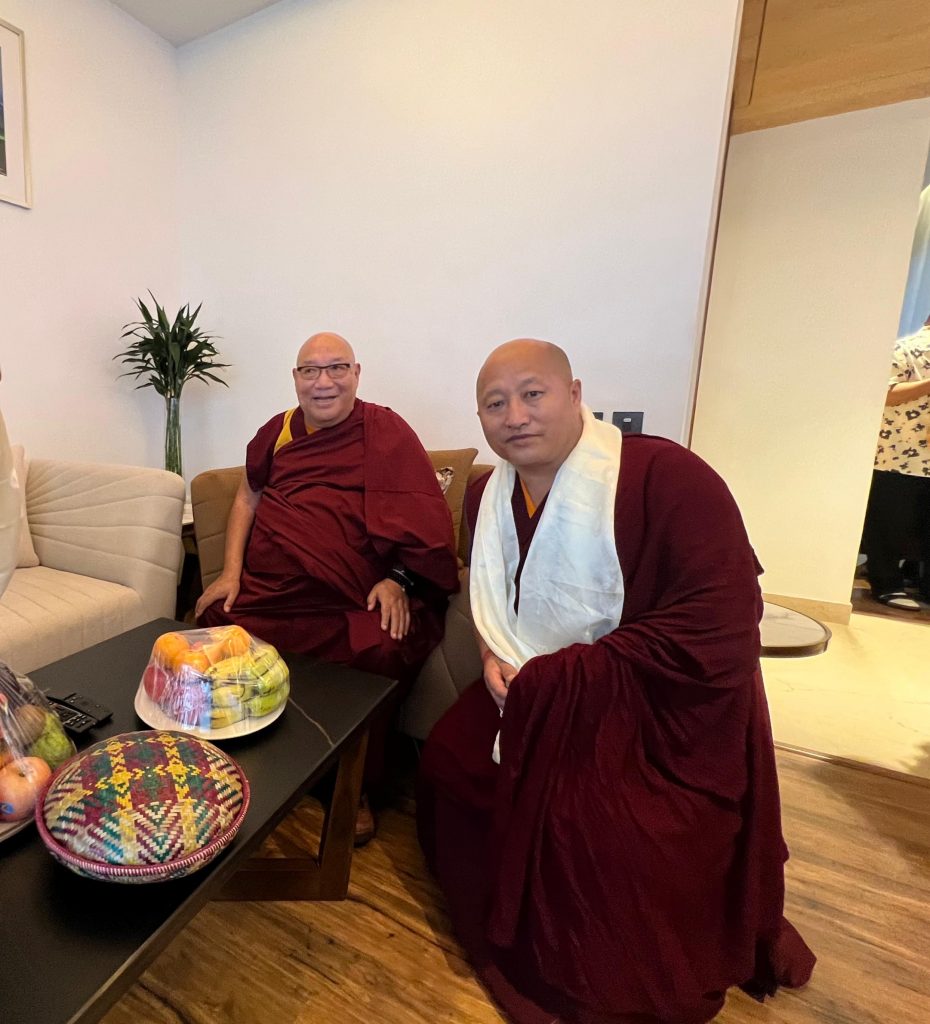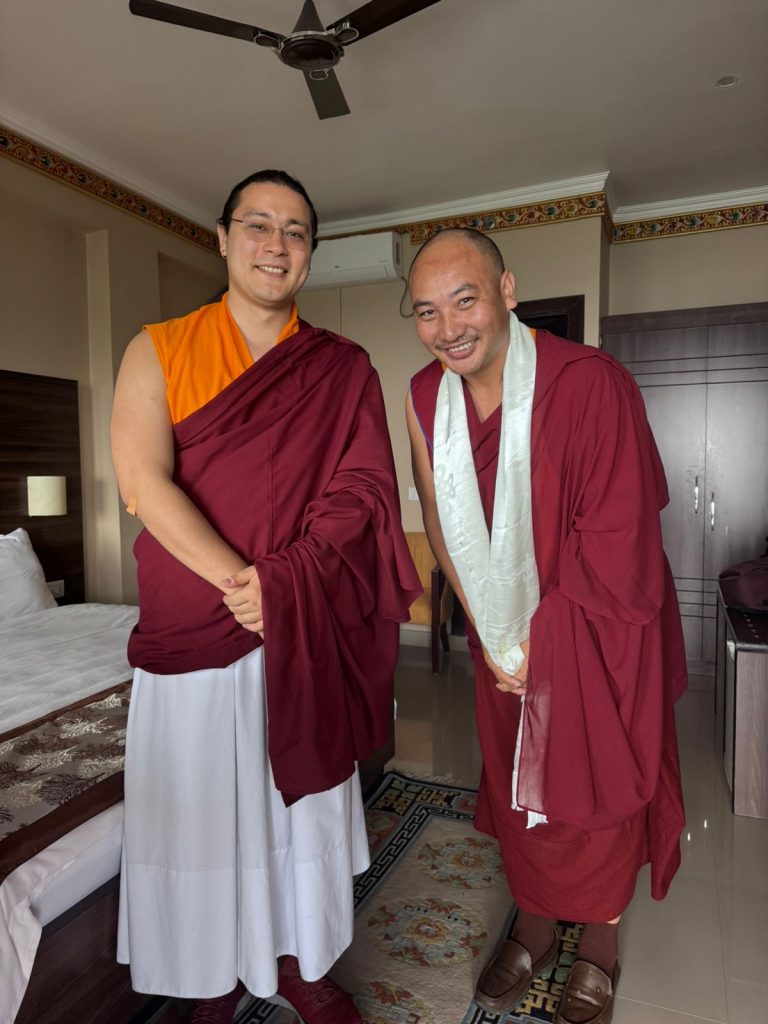
Dharamshala, July 7, 2025: A delegation from the Friedrich Naumann Foundation (FNF), including Dr. Carsten Klein, Regional Head of FNF South Asia; Alexandre Callegaro, Minister Counsellor and Head of Economic and Global Affairs at the German Embassy; Natalie Mayroth, freelance writer; and others, visited the Tibetan Parliament-in-Exile and met with Deputy Speaker Dolma Tsering Teykhang.
During the meeting, the Deputy Speaker highlighted FNF’s longstanding relationship with the Tibetan Parliament-in-Exile, dating back to 1991. She noted the foundation’s role in providing exposure to many Members of Parliament, including herself, through numerous programs over the years. She also acknowledged FNF’s efforts in bringing a wide range of delegations to Dharamshala to observe the functioning of the Central Tibetan Administration first-hand.
In response to questions from the delegation, the Deputy Speaker elaborated on His Holiness the Dalai Lama’s enduring vision of a democratic system for Tibet. She detailed the initiatives he undertook to implement societal reforms in Tibet, and later in exile, culminating in the establishment and institutionalization of a democratic framework for the Tibetan community.
The Deputy Speaker also addressed the Chinese Communist Party’s (CCP) geopolitical interference in the sacred process of the reincarnation of His Holiness the Dalai Lama. She criticized the CCP’s attempt to assert control over the succession process as a means to legitimize its illegal occupation of Tibet.
“Supporting Tibet is supporting truth,” she said, urging the international community to reflect on the side of history they wish to align with. She clarified that Tibet’s struggle is against the authoritarian regime of the CCP, not against the Chinese people.
In conclusion, the Deputy Speaker called on free nations to resist yielding to China’s political pressure, particularly in endorsing narratives such as “Tibet has been part of China since antiquity” or labeling the Tibet issue as an internal matter of China without first understanding Tibet’s true historical context.








